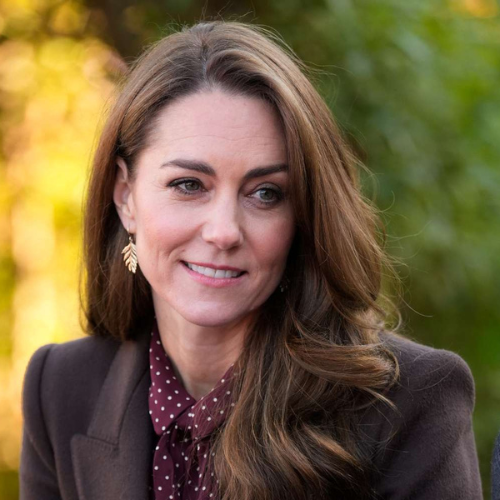In a new move by the UK government, sanctions have been placed on several Russian agencies and individuals accused of spreading false information online. These disinformation campaigns, commonly known as the “Doppelganger” group, have been linked to rumors earlier this year involving the Princess of Wales, Catherine, also known as Kate Middleton. These rumors stirred up confusion and concern when Kate was out of the public eye due to health issues.
The UK government believes this disinformation network is part of a larger plan by Russia to disrupt countries that are supporting Ukraine in its ongoing war with Russia. According to experts, the group spreads false stories and fake news to create confusion, stir up disagreements, and weaken trust in institutions, like the British Royal Family.
In response, the UK’s Foreign Office imposed sanctions on the group, sending a strong message that such actions will not be tolerated. Foreign Secretary David Lammy stated that these sanctions aim to stop the lies and interference caused by the Russian network.
Disinformation Targeting the Princess of Wales
Earlier this year, when Princess Catherine was not seen in public for a while, rumors began to spread online. Many people wondered why she had disappeared, and false claims about her personal life surfaced. These rumors were later connected to the Russian group, Doppelganger. Their goal, according to experts, was to take advantage of the princess’s absence to create mistrust and division, both in the UK and in other countries.
What made the situation even more complicated was that the princess had been dealing with a serious health issue. She later revealed that she had been diagnosed with cancer, which was the reason for her time away from public duties. But before this announcement, the disinformation group was busy amplifying the false stories, hoping to distract and divide people.
Experts at Cardiff University who study disinformation campaigns were able to link the online rumors about Catherine to the Doppelganger group. By spreading these false claims, the group was able to insert their own anti-Ukraine messaging while attacking a symbol of British unity—the Royal Family.
Moldova Decides to Join Sanctions Against Russia
UK Sanctions the Disinformation Network
The UK government has now sanctioned several Russian agencies and individuals believed to be responsible for the disinformation campaign. These sanctions target the organizations and people who are part of the broader effort to spread fake news and confusion. The Foreign Office has pointed out that this group’s strategy involves creating fake versions of real news websites, tricking social media users into clicking on false stories that look like they come from reliable sources.
These fake news stories are designed to stir up emotions, cause disagreements, and weaken support for Ukraine. This tactic, known as “disinformation,” involves not only posting false stories but also flooding social media with fake accounts to spread their message more widely. The Foreign Office called this a “vast malign online network” that uses social media and other platforms to confuse the public and undermine democratic values.
International Response to Russian Disinformation
The UK’s sanctions come as part of a broader effort to combat Russian interference. The US has also taken similar actions, with officials warning about Russian attempts to influence political events, including elections, through disinformation. Russian President Vladimir Putin, however, has denied these accusations, dismissing claims of his country’s involvement in these activities. He argued that unrest in Europe is caused by internal political issues, not Russian interference.
Nevertheless, the UK’s actions demonstrate a firm stand against the spread of false information. The Doppelganger group, which has been active across several countries, including France, is accused of trying to undermine Western democracies by promoting confusion and discord.
The group’s methods are described by experts as sophisticated but harmful. They aim to make people doubt the news they read and the people they trust, such as national leaders and institutions. By creating fake news stories and spreading them widely, they hope to weaken countries’ support for Ukraine in its fight against Russia.
Through their investigations, researchers at Cardiff University have been able to track the actions of these disinformation groups, which are reportedly supported by political technologists in Russia. These technologists have studied past events, such as the Brexit referendum, to learn how to manipulate public opinion and create division over sensitive issues like immigration and national identity.


